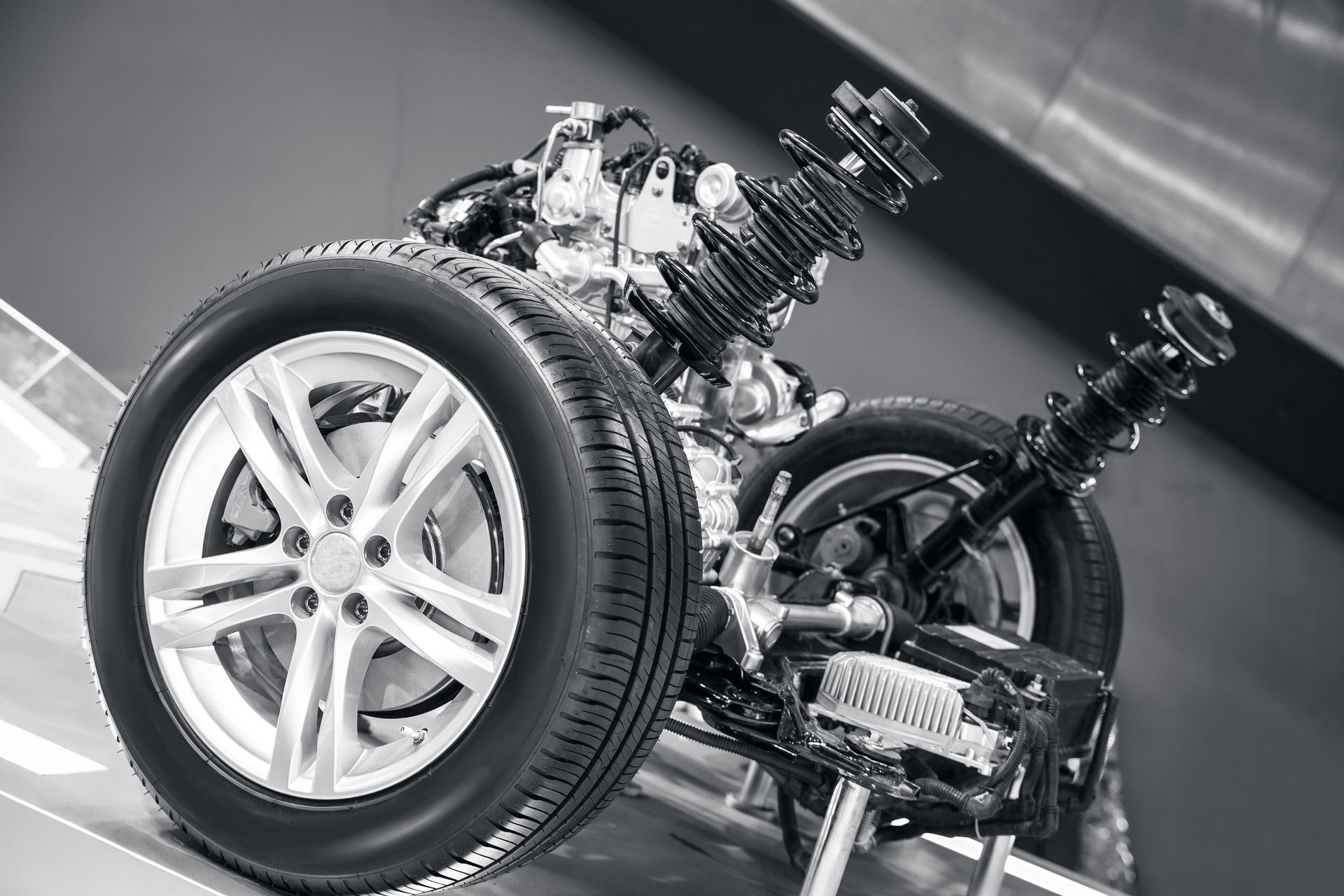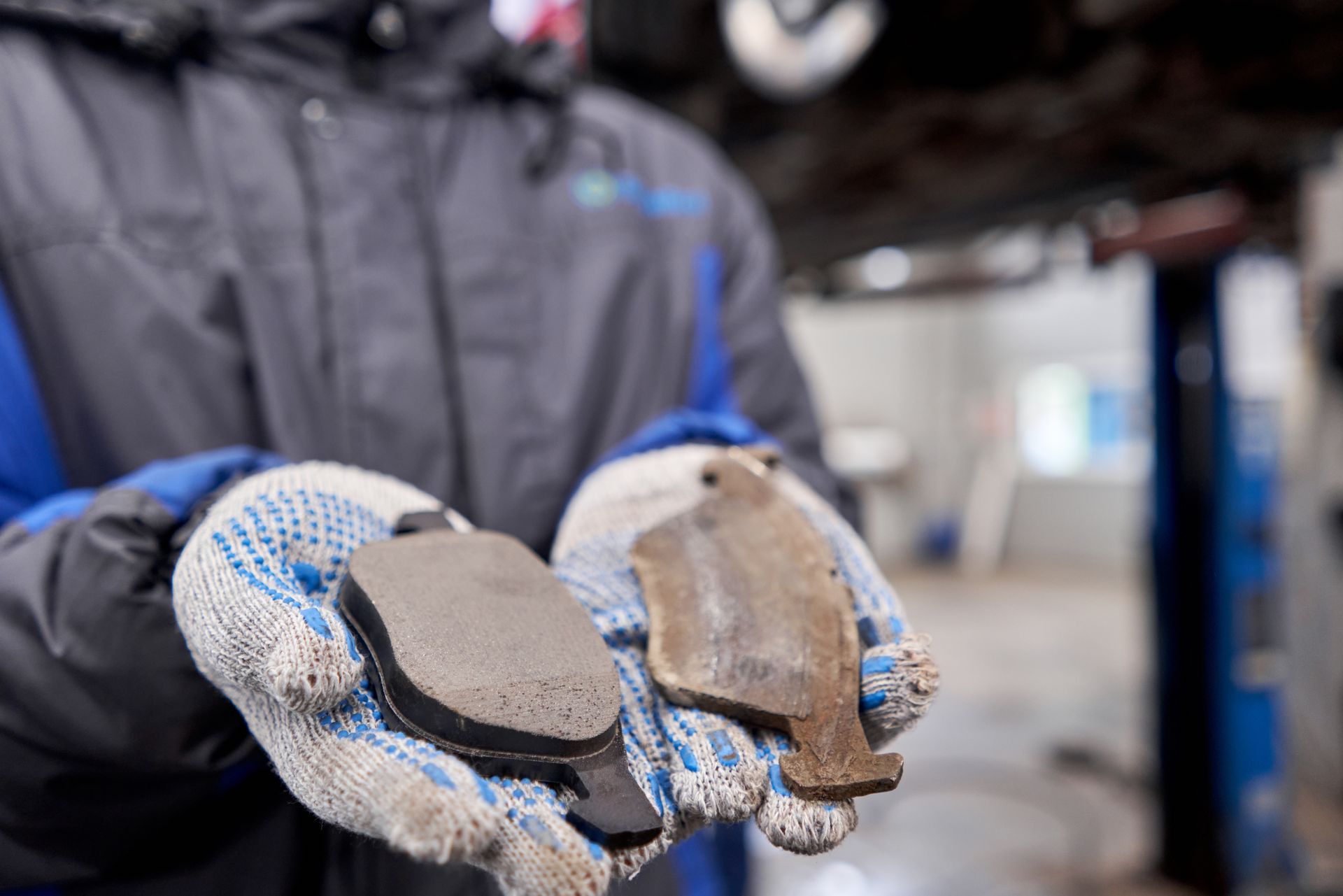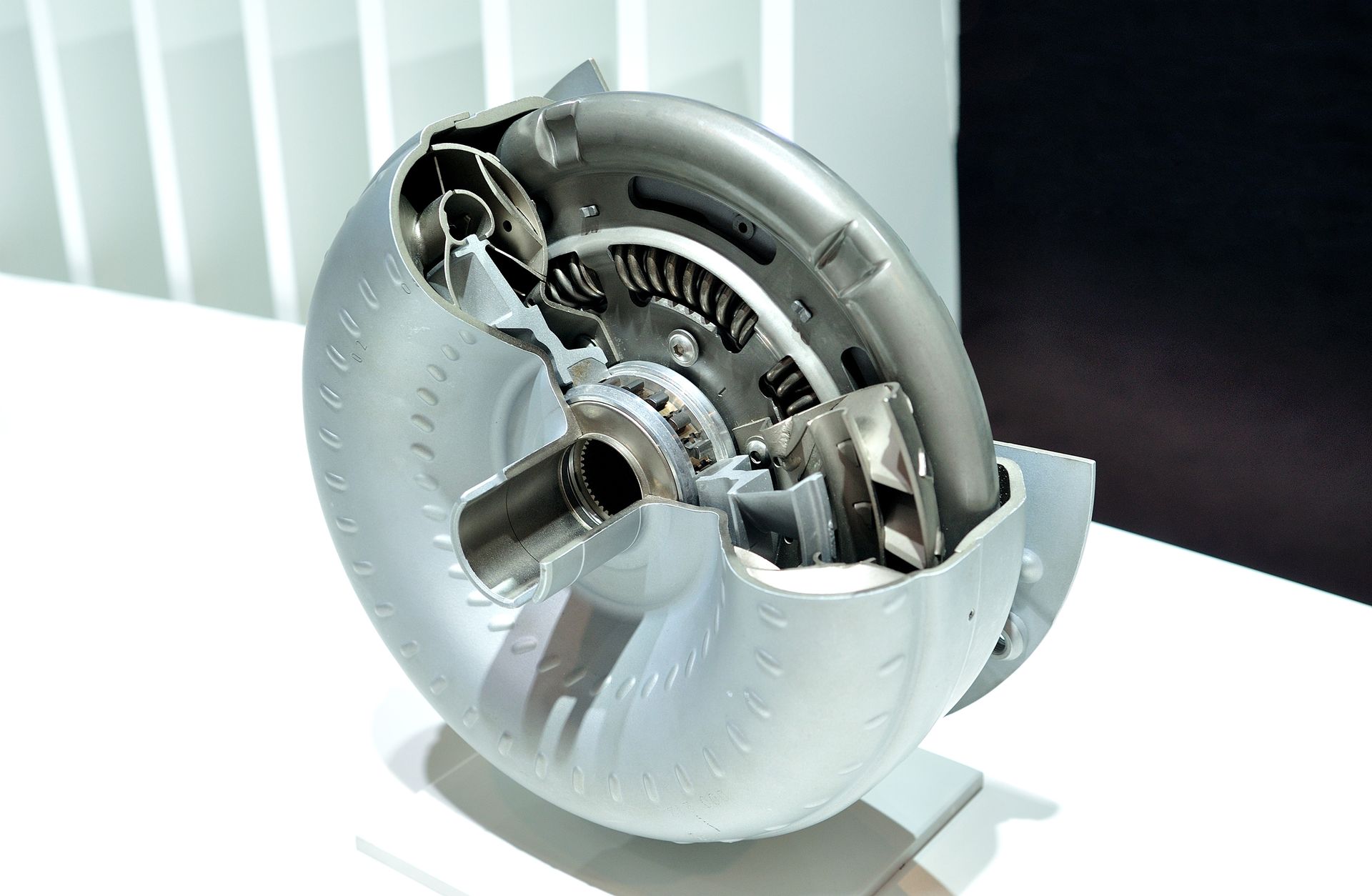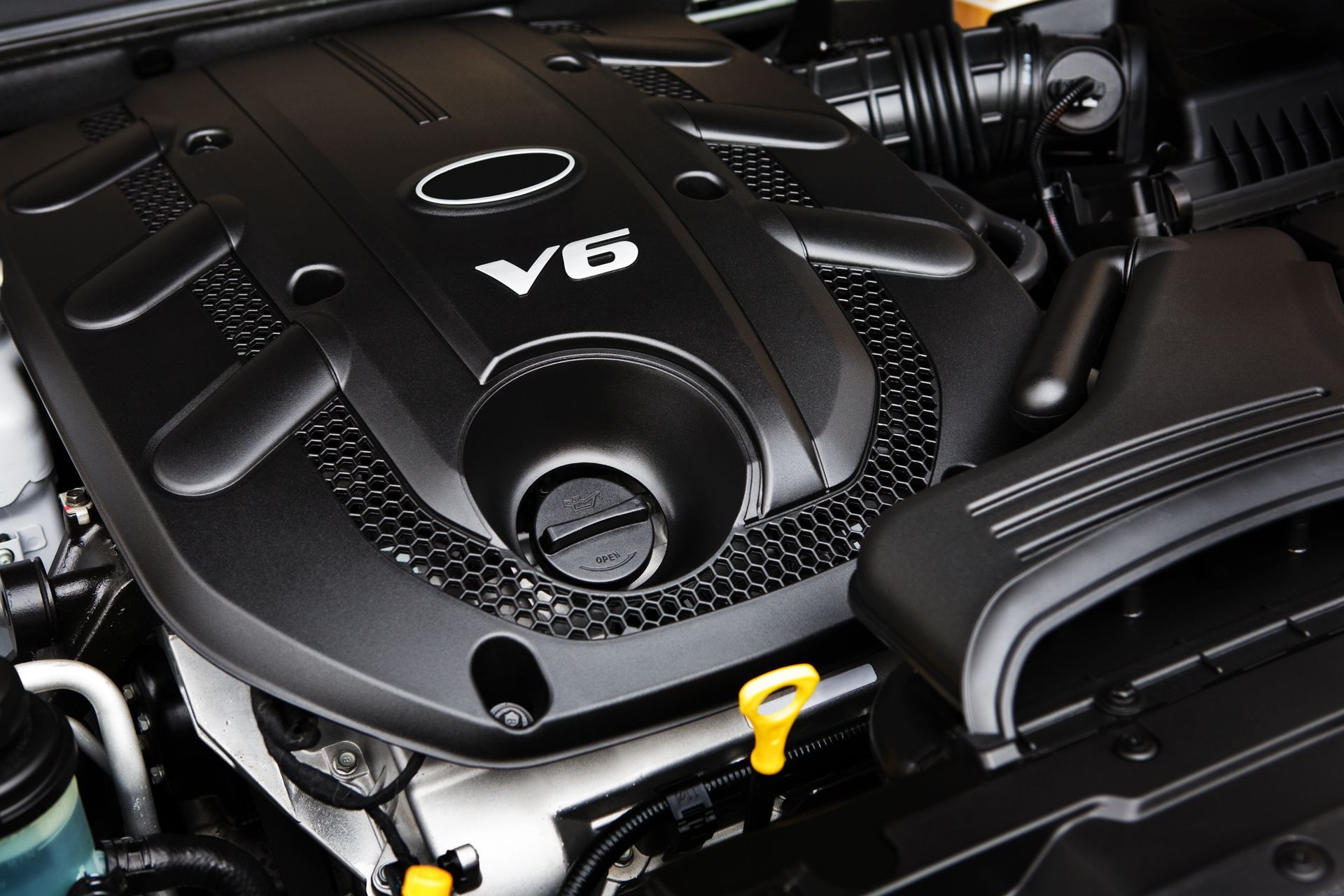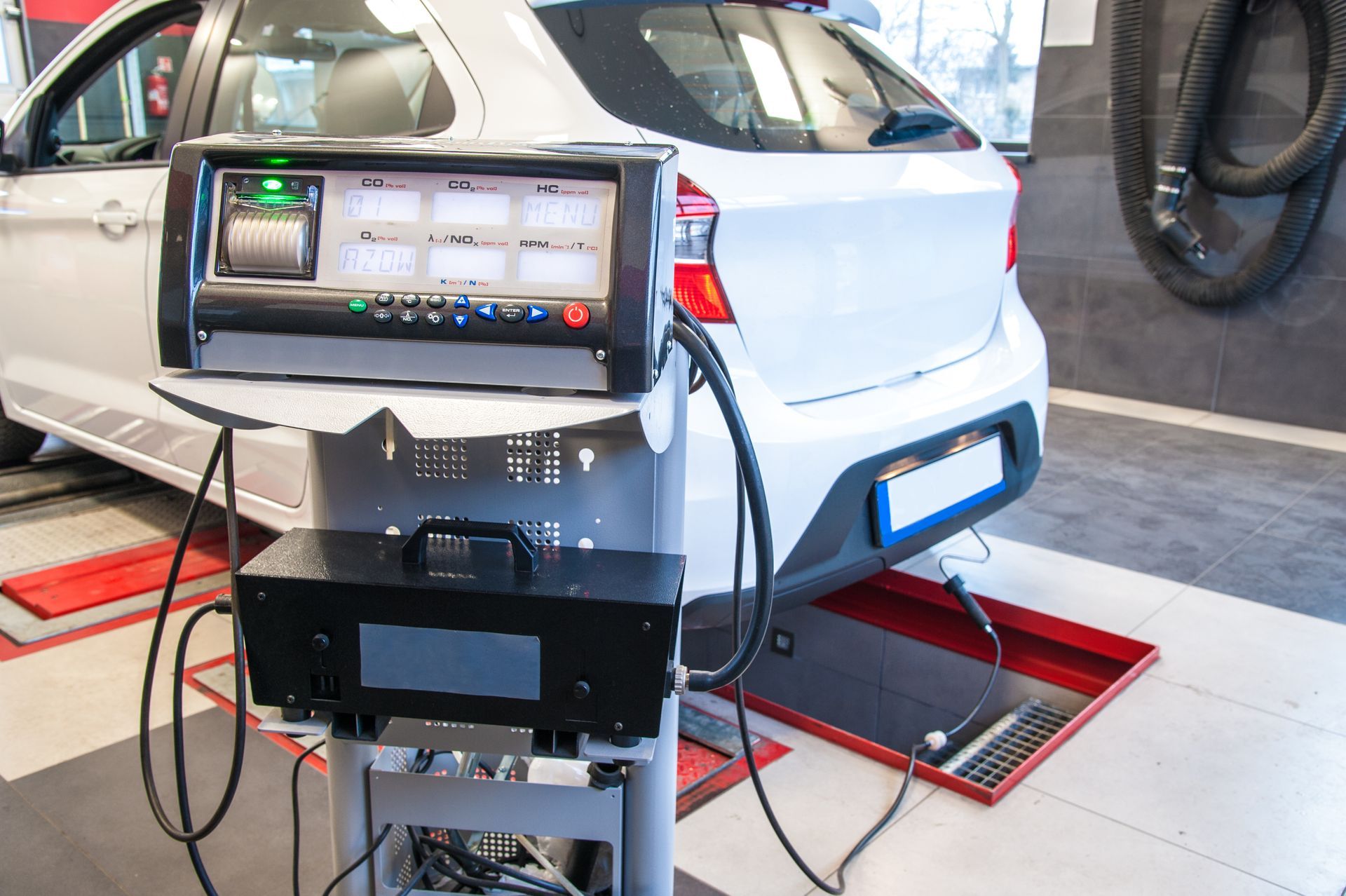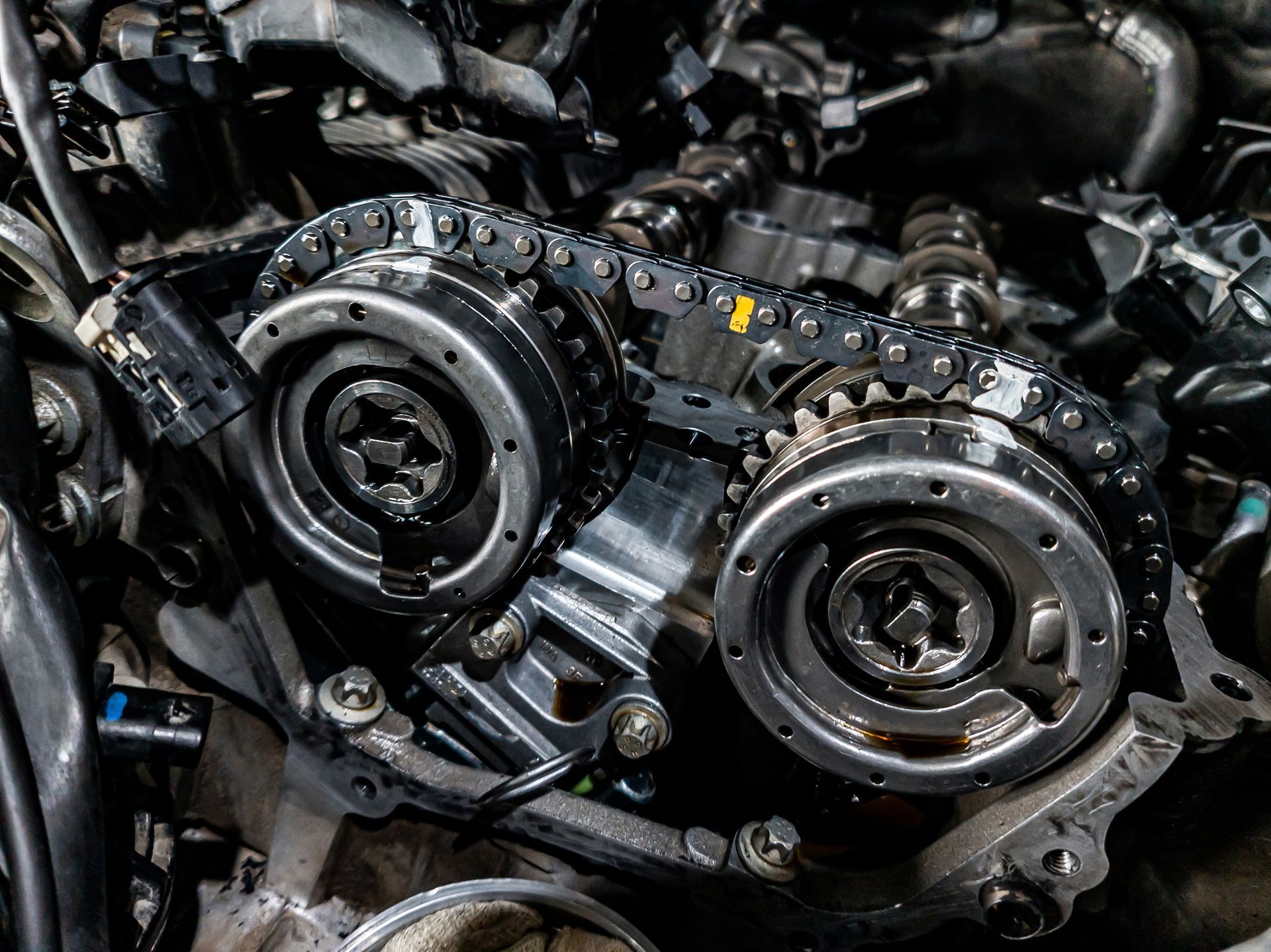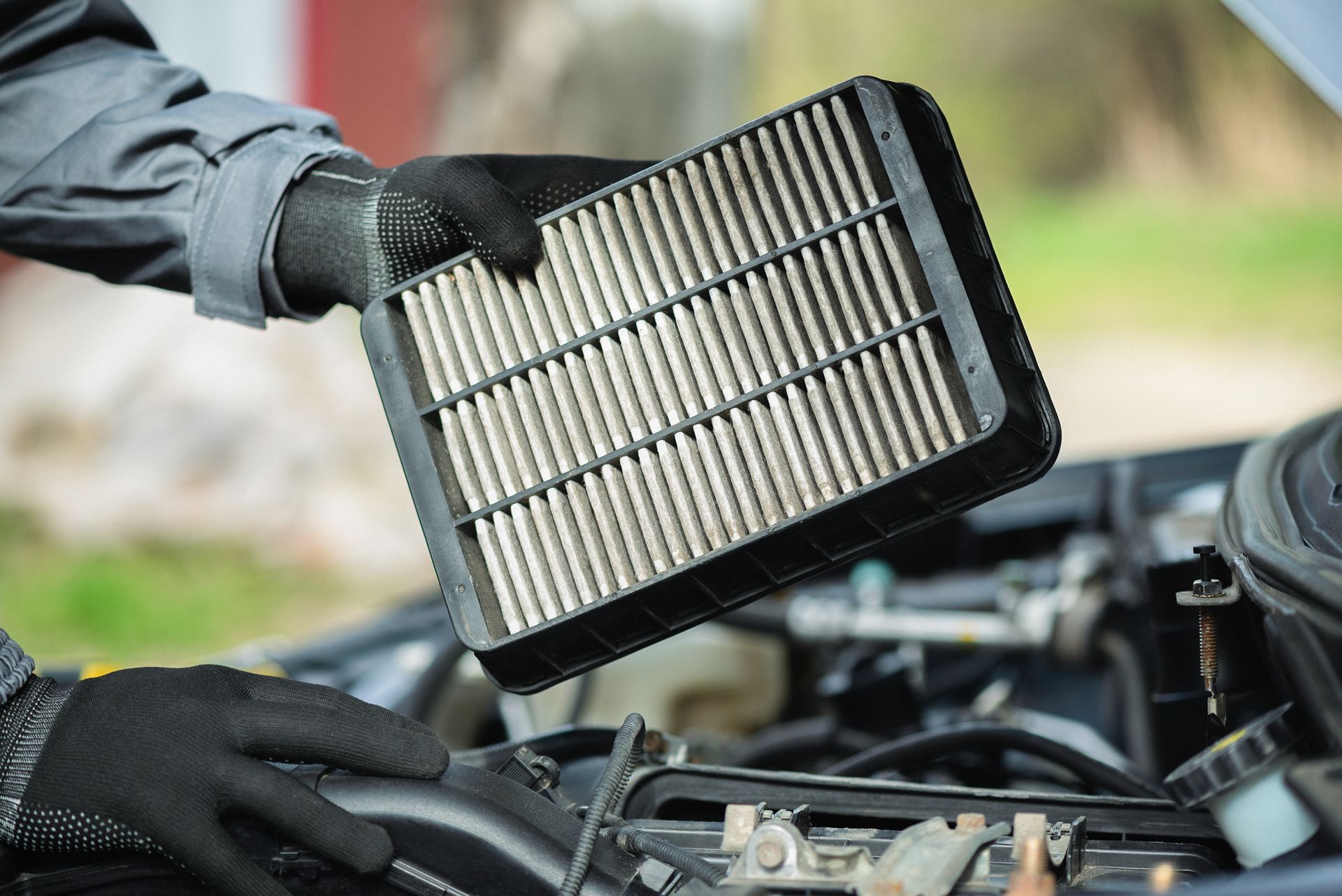If your BMW is idling roughly, hesitating when you accelerate, or showing a check engine light, the variable valve timing system could be the reason. This technology helps the engine balance performance, fuel efficiency, and emissions, but as the years and miles add up, wear or contamination can cause problems.
Many drivers don’t realize what’s happening until the car starts running unevenly. Recognizing the symptoms early can save you from bigger repair bills and help prevent long-term engine damage.
What the System Actually Does
BMW’s variable valve timing setup, known as VANOS, adjusts how the intake and exhaust valves open and close depending on engine speed, load, and temperature. The goal is to give you stronger torque at low RPMs and better efficiency at higher speeds.
Older models like the E36 and E39 often use a single unit, while newer engines rely on a dual design that controls both intake and exhaust timing. Both versions operate using oil pressure and electronic solenoids to make constant micro-adjustments as you drive.
Common Symptoms of Trouble
When this system starts to fail, the symptoms can mimic other engine issues. Drivers often report:
- Rough idle, especially on cold starts
- Loss of power or slow acceleration
- Hesitation in the mid-range RPMs
- Uneven or jerky throttle response
- Check engine light with camshaft timing fault codes
- A drop in fuel economy
If your BMW shows any of these signs, it’s a good idea to have a technician familiar with the brand run diagnostics before the issue worsens.
Why the System Starts Failing
Most timing problems come down to a few key issues:
- Worn internal seals. The rubber seals that regulate oil pressure lose their flexibility over time, causing inconsistent performance.
- Dirty or clogged solenoids. Sludge or debris in the oil can block passages, slowing down or preventing proper valve adjustment.
- Old or contaminated engine oil. Because the system relies on oil pressure, skipping oil changes or using the wrong viscosity can quickly cause problems.
Routine oil service with high-quality synthetic oil helps keep the system clean and operating smoothly.
Is It Safe to Keep Driving?
You can usually still drive when this system starts acting up, but it won’t run as efficiently or as smoothly. Prolonged driving can lead to poor combustion, higher fuel use, and accelerated wear on timing components. In more severe cases, it can cause misfires or valve timing errors that risk internal engine damage.
If your BMW feels sluggish or the check engine light is on, it’s best to get it inspected before things progress.
Repair or Replacement Options
Depending on the condition, these systems can often be repaired rather than replaced. Replacing worn seals or cleaning the solenoids is sometimes enough to restore proper function. If the internal mechanisms are heavily worn or oil contamination has caused lasting damage, a full replacement may be necessary.
A BMW specialist can determine which option makes sense through diagnostic testing and oil pressure evaluation. Using genuine or OEM-grade parts ensures proper fit and long-term reliability.
Expert BMW Service at The Haus Auto
If your BMW isn’t running like it used to, visit The Haus Auto in Sherman Oaks or Santa Monica. Our technicians specialize in BMW repair and know how to accurately diagnose timing and performance issues. Whether it needs seal replacement, solenoid cleaning, or a full rebuild, we’ll get your car back to delivering the performance you expect.
Schedule your visit today and keep your BMW running as smoothly and confidently as the day it left the factory.

